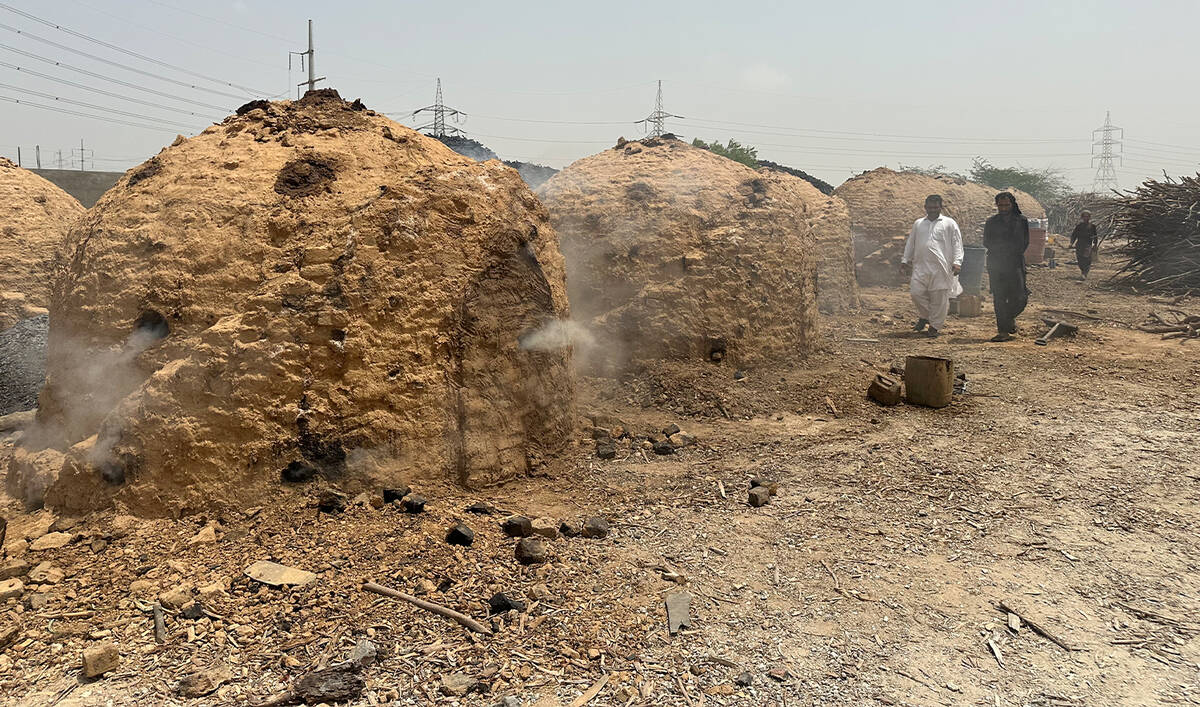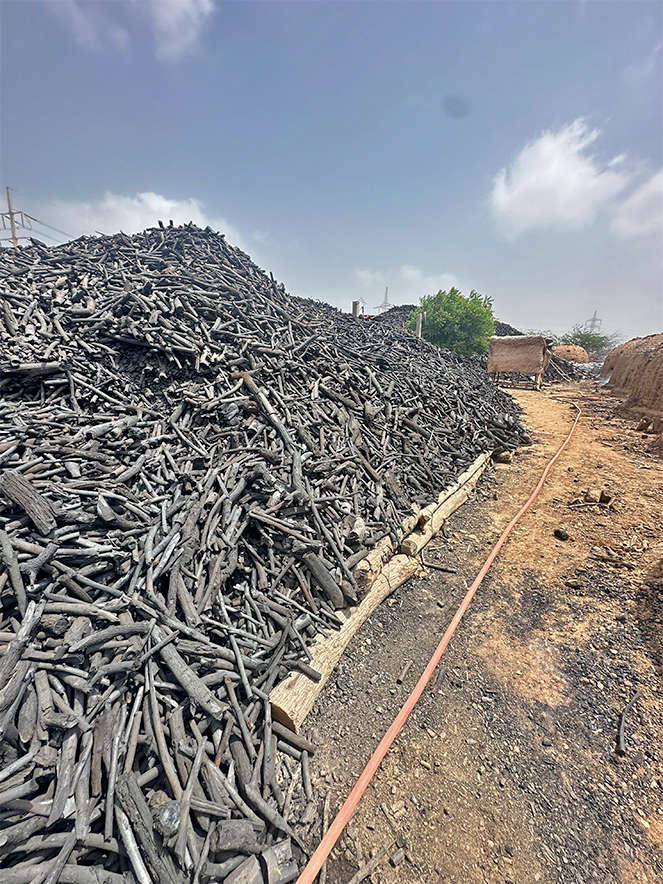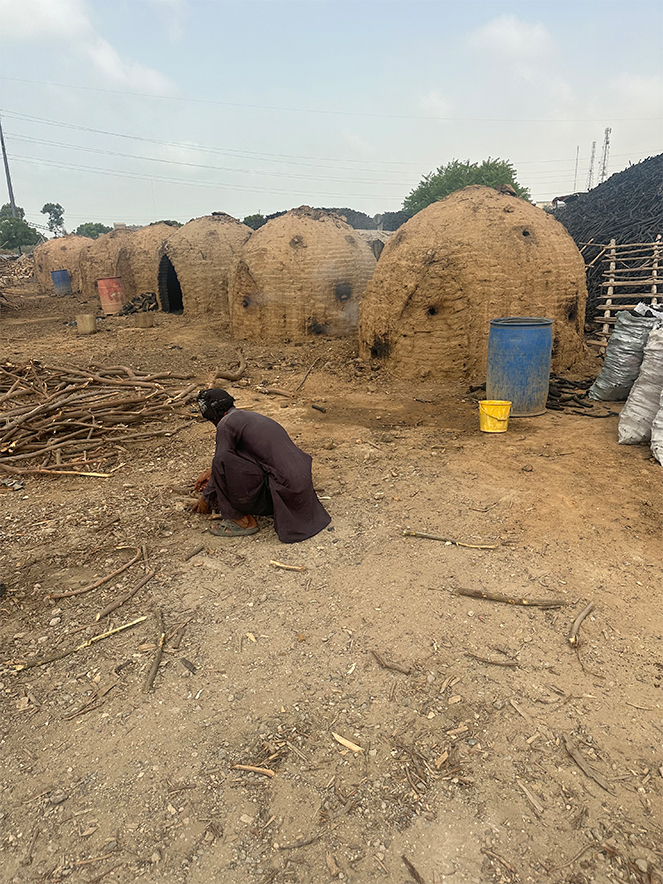KARACHI: A Pakistani delegation has arrived in the United Kingdom (UK) as part of IslamabadŌĆÖs diplomatic outreach over last monthŌĆÖs military conflict with India, following their ŌĆ£successfulŌĆØ talks in New York.
India and Pakistan engaged in the worst fighting between them in decades, raising fears of the prospect of an all-out nuclear war. After both countries traded heavy fire for four days, pounding each other with missiles, fighter jets and drone strikes, US President Donald Trump announced a ceasefire between them on May 10.
The nine-member Pakistan delegation, led by former foreign minister Bilawal Bhutto-Zardari, held several meetings with representatives of the United Nations (UN), its member states and US officials to present PakistanŌĆÖs stance on the standoff with India and peace in the region.
The Pakistan delegates said the purpose of their meetings was to have peace in the region and to have talks with New Delhi on all India-Pakistan issues, including the restoration of the Indus Waters Treaty and the resolution of Kashmir dispute.
ŌĆ£We have explained to them [US officials] that PakistanŌĆÖs water, this is a civilization, the lives of 240 million people, their culture [depend on it],ŌĆØ Khurram Dastgir, a Pakistani lawmaker who is part of the delegation, told a Pakistani news channel in the UK.
ŌĆ£We explained this to America that their economic partnership with India, it will not bring about that development if India and Pakistan will perpetually remain [in a state of] war.ŌĆØ
India announced in April that it was putting the 1960 World Bank-mediated treaty in abeyance after it accused Pakistan of backing an attack on tourists in Indian-administered Kashmir. Islamabad denied complicity in the attack that killed 26 people.
Jalil Abbas Jilani, a former Pakistani foreign secretary, said they held quite constructive talks with members of the UN Security Council during their New York visit.
ŌĆ£Basically, our message was that India committed an aggression and that Pakistan is a peaceful country... Pakistan wants all India-Pakistan issues to be resolved in a peaceful manner,ŌĆØ he said.
Pakistani senator Sherry Rehman, who was also part of the talks, said the main objective of their discussions was peace in the region.
ŌĆ£Our goal was peace, promote dialogue, to have the status of water treaty changed, which they [India] have unilaterally suspended, and to start a discussion on Kashmir,ŌĆØ she said.
The Pakistani delegates are expected to meet key UK officials during their visit to highlight PakistanŌĆÖs perspective on last monthŌĆÖs conflict and its possible consequences for the region.
British foreign minister David Lammy is the highest-profile Western official to have visited both New Delhi and Islamabad since the South Asian neighbors agreed to a ceasefire last month.
ŌĆ£We want the situation to be maintained, but of course we recognize fragility, particularly in the backdrop of terrorism, terrorism designed to destabilize India,ŌĆØ Lammy said, adding that he discussed the next steps with both Modi and Indian Foreign Minister S. Jaishankar, but gave no specifics. ŌĆ£We are keen to continue to work with our Indian partners on counter-terrorism measures.ŌĆØ
India and Pakistan, bitter rivals since they gained independence in 1947 from British rule, have fought three wars, including two over the disputed Himalayan territory of Kashmir.
Both countries administer Kashmir in parts but claim the region entirely. Pakistan accuses India of occupying Kashmir and denying its people their right to self-determination. It regularly calls on India to abide by the United Nations Security Council resolutions and hold a transparent plebiscite in the territory.
India, on the other hand, accuses Pakistan of arming and funding militant separatists in the part of Kashmir it administers. Islamabad has denied the allegations and says it extends only diplomatic and moral support to the people of Indian-administered Kashmir.





















